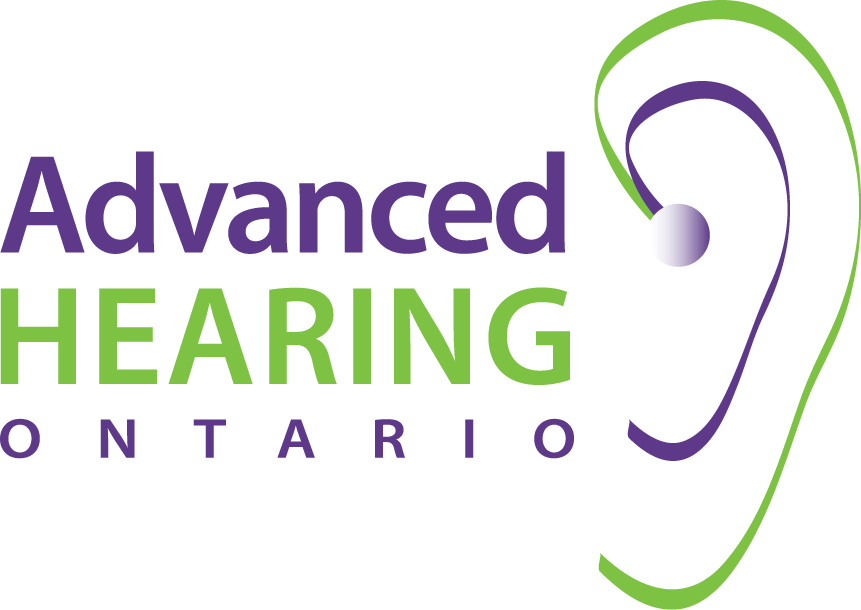Pediatric Audiology
What is Pediatric Audiology?
Pediatric audiology is a type of healthcare offered to both infants and young children who are experiencing hearing problems or sound recognition issues. The audiology process involves both diagnostic and rehabilitation services, which are used to determine the type of hearing disorder and to treat it accordingly. Finding hearing problems early in a child’s life is essential for correction of these issues and prevention of further hearing problems.

What conditions do pediatric audiologists treat?
The conditions treated by a pediatric audiologist include various problems with hearing and speech. One area of treatment involves middle ear conditions, which can lead to chronic or repeated ear infections. Other conditions treated include:
- Evaluation and treatment of hearing loss
- Malformations of different areas of the ear
- Sensory hearing disorders
- Hearing problems caused by gastroesophageal reflex
- Detection and removal of foreign objects from the ear canal
What services do pediatric audiologists offer?
The services offered by a pediatric audiologist vary according to the condition and symptoms of the patient. The audiologist will perform hearing tests in order to determine the cause of the child’s deficit. These tests include sound evaluation, as well as external and internal exams of the ears.
After the examination and diagnosis, the audiologist will work to find the best method of treatment for your child. She may use certain devices, such as a hearing aid, to correct problems with hearing. Also, installation of tubes in the ears could be necessary to correct chronic infections. Surgery is done when foreign objects need removed or to fix a malformation of the ear. Also, therapy may be utilized in order to correct certain hearing problems, such as a sensory hearing condition. The audiologist will discuss with you her recommendations.
What can I expect at a pediatric audiology appointment?
When you bring your child in for an appointment, the audiologist will ask general questions in order to give her an idea of the hearing and speech problem. She will discuss the types of testing used to find the problem, which may be done that day or scheduled for a later appointment. At the time of the testing, the audiologist will tell you what problems were found, as well as what method of correction is needed. The audiologist always gives parents information regarding the hearing deficit and offers insight as to why this type of issue occurs along with the success rate of the treatment options.
Indicators of Child Hearing Loss:
- Speaks loudly
- Attention problems
- Only responds when face-to-face
- Has a delayed reaction when spoken to
- Has no response when called upon
- Has trouble following directions
HEARING ASSESSMENT (HEARING TEST)
The first months and years of a baby’s life are critical for developing language. Most children can hear right from birth. They learn to talk by imitating sounds around them and the voices of their parents and caregivers. But that’s not true for every child.
THE STATISTICS
Every year in Ontario nearly four in 1,000 babies are born deaf or hard of hearing. Many of these children may need to learn speech and language differently. It’s important to detect hearing loss as early as possible. We are committed to making sure children with permanent childhood hearing loss are identified early and are receiving the support they need to develop communication and literacy.
What to Expect on Your First Visit
Get to Know You & Understand Your Symptoms
Discuss Your Treatment Goals & Medical History
Determine Your Stage of Hearing Loss/Tinnitus
Answer All of Your Questions or Concerns
Begin a Custom Treatment Plan
Advanced Hearing Ontario is Family-Owned Since 1987
Ajax Ontario
Address: 75 Bayly St. W. Unit 5, Ajax, ON L1S7K7
Phone: (905) 426-4000
Oshawa Ontario
Address: 580 King St W. Unit 1A, Oshawa, ON L1J 7J1
Phone: 905-723-2273
Pickering Ontario
Address: 1855 Glenanna Rd. Suite 104, Pickering, ON L1V6R6
Phone: 905-831-8311
Whitby Ontario
Address: 1032 Brock St. S. Unit 4, Whitby, ON L1N4L8
Phone: 905-666-7726
Uxbridge Ontario
Address: 2 Douglas Rd. Unit A50, Uxbridge, ON L9P 1S9
Phone: 905-852-8888





